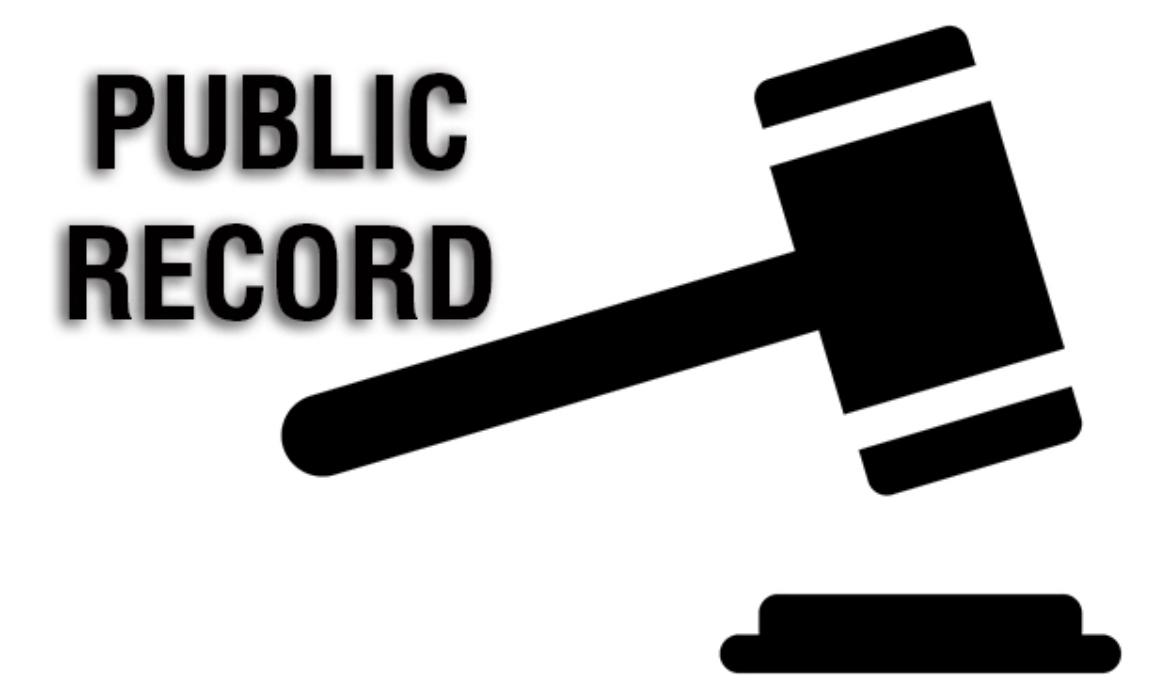
A 2020 article by Courier Journal reporter Joe Sonka, and the related Kentucky Open Government Coalition post, suggest a serious public records issue relating to potential federal district court judge nominee Chad Meredith the resolution of which was never publicly disclosed.
In July 2020, Sonka reported:
“Gov. Andy Beshear's administration is asking a judge to compel state Solicitor General Chad Meredith to turn over records related to pardons and commutations from when he served as chief deputy general counsel under former Gov. Matt Bevin.”
https://www.courier-journal.com/story/news/politics/2020/07/22/gov-besh…
Sonka explained:
“In a motion and supporting memorandum filed Wednesday in Fayette Circuit Court, Finance and Administration Cabinet Secretary Holly Johnson seeks for the court to order Meredith to turn over public records related to potential pardons, which he previously declined to provide in response to an open records request in May and a subpoena in June.”
Meredith argued that the records were shielded by the attorney client privilege. Finance responded that “the emails and attachments related to Bevin’s pardons were part of his official jobs duties and created on state time with state resources,” asserting that the records “are the property and legal documents of the Commonwealth.”
Anyone schooled in general principles of public records preservation recognizes that Meredith’s arguments were unpersuasive.
As we observed in our July 22, 2020, post:
“Why were these public records — which belong to the Office of the Governor and not the former office holder or his staff — removed from the Office during the transition?
“Other (arguably) attorney/client protected records from the Bevin administration remained in the Office of the Governor after the transition. Why not these? Does this constitute tampering with a public record?
https://apps.legislature.ky.gov/law/statutes/statute.aspx?id=19864
“From 07-ORD-020:
“‘KRS 171.680(1) is grounded in the widely held, if not axiomatic, view that ‘[a] written memorial of a transaction in a public office, when made by a public officer, becomes a public record belonging to the office, and not his private property.’ 76 C.J.S. Records § 2. Stated alternatively, ‘[a]n officer who has public records in his or her charge is the mere custodian of those records . . ., the records are not the private property of the officer,’ 66 AmJur2d, Records and Recording Laws § 5.”
https://www.facebook.com/419650175248377/posts/723653008181424/?d=n
The coalition is once again attempting to ascertain how this Finance Cabinet lawsuit against Meredith was ultimately resolved.
In the meantime, we are left to wonder about the nature of Meredith’s involvement and why he felt the need to remove public records in apparent contravention of the law.
Public records access laws cannot be easily thwarted by the simple expedient of removing them from public agency premises.
See, for example, KRS 61.8715 recognizing an “essential relationship” between the open records laws and the laws governing records management and preservation; that “all government agency records are public records for the purpose of their management;” and that “to provide accountability of government activities, public agencies are required to manage and maintain their records according to the requirements of these statutes.”
https://apps.legislature.ky.gov/law/statutes/statute.aspx?id=50009
https://www.courier-journal.com/story/news/politics/mitch-mcconnell/202…


